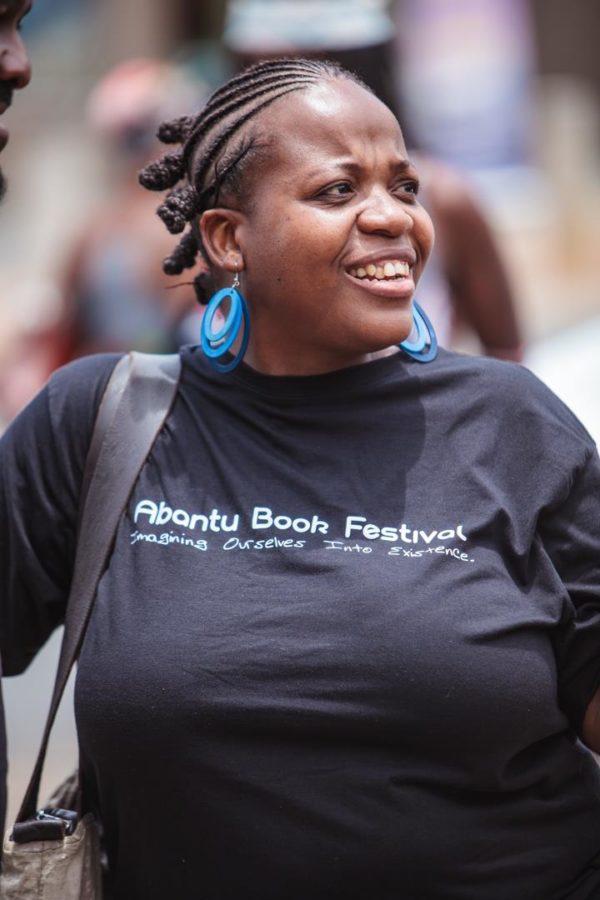
Zukiswa Wanner recently wrote an essay in South African newspaper Mail and Guardian calling out the country’s white-dominated “parochial publishing industry.” Titled “Writings on the Wall for Parochial SA Publishers,” the piece zeroes in on prevailing one-sided narratives: that nonfiction sells more than fiction in the country, that black people don’t read. Recently, Wanner also called out misogyny in South Africa, Kenya and Zimbabwe.
Read an excerpt below.
As a writer published in South Africa, I work in an insane industry.
Elsewhere, problems might arise because of the writers and their “feeling misunderstood” artsy attitudes. In South Africa, it’s because of a parochial publishing industry.
Twenty-seven years after Nelson Mandela walked out of prison, the South African publishing industry’s articles of faith still remain that middle-class white women are the biggest readers and buyers of books, and that nonfiction sells more than fiction.
Sadly the insistence to hold onto these beliefs, while not likely to kill the industry, is bleeding it in the same way that traditional churches that refused to transform became less popular than the newer, shinier prosperity gospel churches.
The only difference being that, in the transformation happening in literature, there is a depth that perhaps is not seen in grass-eating, petrol-imbibing churches.
Many years ago, I was visiting our family home built on land we don’t own in Orlando West Extension, for one of those “one of ours who’s made us proud” homecomings that many of us dream of. The reason for all the love stemmed from the fact that many people in the street had read my first novel and enjoyed it. Or they said they had enjoyed it.
Conversations ekoneni even went something like: “Vuyo’s mother’s home maZuki, is that …” and “Zooks mfethu, you put me in there, and my joint. That’s me, akere?”
It was music to my ears. And the glow continues 10 years later as I write this, although I would find out later that day that everyone on the street had read and circulated just one copy of my book.
Thando Mgqolozana calls it travelling books. One person buys it, reads it and says: “Tjo. Maar this book.” Then passes it on to another who passes it on to another and so forth.
So the first mistake that the publishing industry makes is to believe that only a certain demographic is not reading. Not buying books is not the same as not reading.
But even the book-buying dynamics have changed.
In my own family it began with one of my cousins asking me for some cash. “I don’t have any,” I answered. But why didn’t I since I had just had a book out? Well since she was sharing the one copy I bought for her with the whole street, where was I supposed to make money from?
Now she tells the neighbours to buy books and when I walk in the hood and am told about a book, it’s because someone wants to know how long I am at makhulu’s so that they can come and get their copy signed.
I think part of the disconnect between writers and white publishers has been very much ingrained in this fallacious belief that a certain demographic of people does not read.
Read the full essay HERE.









COMMENTS -
Reader Interactions